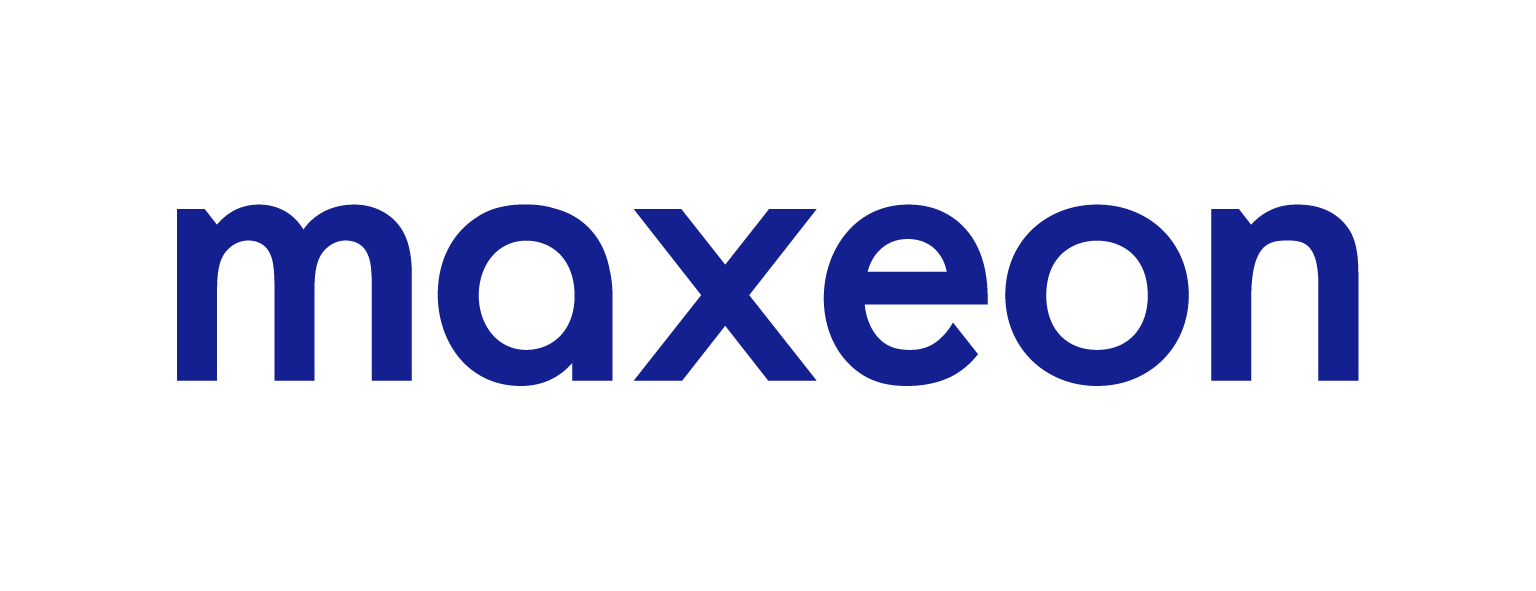Lindsey Wiedmann
Chief Legal & Sustainability Officer
The solar panel has become a symbol of the transition to cleaner and greener energy, and this green reputation is well-deserved. The International Energy Agency (IEA) has said that solar PV can be one of the technologies that leads the way to a new clean energy economy,1 and there has been a surge in solar deployment worldwide. Just a few weeks ago, Solar Energy Industries Association (SEIA) announced2 that solar accounted for 53% of the new electric generation capacity added to the United States grid in 2023 However, I worry that in some instances solar could be known as green but not entirely clean. Let me explain.
One aspect of sustainability that I get asked about frequently is panel recyclability. This is a factor for sustainability-conscious solar buyers as well as government policy makers. For example, in September of last year, German regional governments published a 10-point plan for the country’s solar industry which included stipulations that modules installed in Europe should be checked for their recyclability, amongst other ESG credentials.3
At the onset, I do think it is important to level set about the scale of the PV module waste problem. Recent research show that the best-case and worst-case scenarios for cumulative PV module waste generated globally will be between 54 million and 160 million metric tons cumulatively by 2050.4 This is a drop in the ocean compared to the waste produced by so-called “conventional” energy sources. For example, according to the International Energy Agency, just the production, transport and processing of oil and gas resulted in 5.1 billion tons of greenhouse gas emissions in 2025. And in the United States alone, more than 18 billion barrels of waste oils are generated every year.6 On the other hand, our solar panels offset the embodied carbon produced during their manufacture in a matter of months, and then generate emission-free energy for as long as 40 years.
That being said, we are a sector that embodies the transition to clean energy and our industry can and should show leadership in addressing PV waste and end-of-life issues. If not due to regulatory pressure around the world, then for the sake of consumers’ continued faith in solar as a clean technology. And because it is the right thing to do for our planet.
SO, WHAT ACTIONS SHOULD THE SOLAR INDUSTRY TAKE?
We must recognize that PV waste is as much an engineering problem as a circularity problem. Designing panels with longer lifespans and that have lower power degradation rates that ‘age’ more slowly is the primary goal, as this results in less panels reaching end of life overall. We also need to design them so that they are more recyclable. At Maxeon, we’re on top of both of these – in 2022, we introduced a power and performance warranty of 40 years for our panels, setting a benchmark others strive to emulate, and our solar panels were the first in the industry to be Cradle-to-Cradle Certified based on material reutilization rates. Finally, designing more efficient panels results in less waste by reducing the number of panels that need to be deployed to meet energy demand at the outset. As you can likely imagine, reducing the number of panels for installation directly reduces the additional resources needed up and down the solar value chain; multiplying the sustainability benefits from this reduced footprint.
And I can't help but note that Maxeon panels regularly set industry benchmarks for efficiency. In February 2024 we announced the completion of the first solar installation featuring our next-generation Maxeon 7 solar panels with the world's highest conversion rate efficiency of any commercial solar panels, at 24.1%. Just a few days ago we disclosed a World-record module aperture efficiency measurement of 24.9% for a full scale Maxeon 7 panel, as confirmed by testing at the U.S. National Renewable Energy Laboratory (NREL). We have shared these and other Maxeon achievements in our Powering a Circular Economy policy available on our website.
IS A PANEL’S END OF LIFE REALLY THE END OF ITS LIFE?
No solar panel lives forever – panels do not just stop working at the end of their warranty life, they can remain in operation and simply gradually decrease in energy output. Many panels can be resold and re-used after their first decommissioning – and are quite beneficial to buyers who need cheaper modules.5 Additionally, many solar panels that reach the end of their useful lives have their component parts completely recycled and returned to the solar value chain. So, we need to recognize that with gradual improvements in recycling processes and with further investments in processing infrastructure, rather than building up in landfills, our sector’s waste streams can be repurposed or otherwise managed to reduce waste.
Waste processing infrastructure and regulatory regimes can vary between different countries. As a global module producer, we work with local recycling experts in the countries where we operate even if there is (currently) no legal obligation to do so. Maxeon is a global company that is committed to working with partners who have the right local knowledge and capabilities.
WHAT’S NEXT FOR MAXEON?
To increase our knowledge and best practices for a circular economy, we’re working with Singapore’s Nanyang Technological University on a study regarding the recyclability of our proprietary Interdigitated Back Contact (IBC) cells and panels as compared with conventional solar panel architectures.
I look forward to sharing more information on this study as it becomes available and continuing to advocate for the solar industry’s growing investment into a circular economy. At Maxeon, we are passionate about renewable energy and its hope for the future of the planet. I’m optimistic that together we can preserve and strengthen the solar industry’s clean credentials, as well as its green ones.
1. https://iea.blob.core.windows.net/assets/614bb748-dc5e-440b-966a-adae9ea022fe/WorldEnergyOutlook2023.pdf
2. https://www.seia.org/news/solar-installations-skyrocket-2023-record-setting-first-full-year-inflation-reduction-act
3. https://www.cleanenergywire.org/news/key-solar-pv-manufacturing-states-germany-urge-eu-wide-industry-revival
4. https://www.nature.com/articles/s41567-023-02230-0#ref-CR4
5. https://www.iea.org/reports/emissions-from-oil-and-gas-operations-in-net-zero-transitions
6. https://biofabrik.com/2023/05/02/waste-oil-mismanagement/

